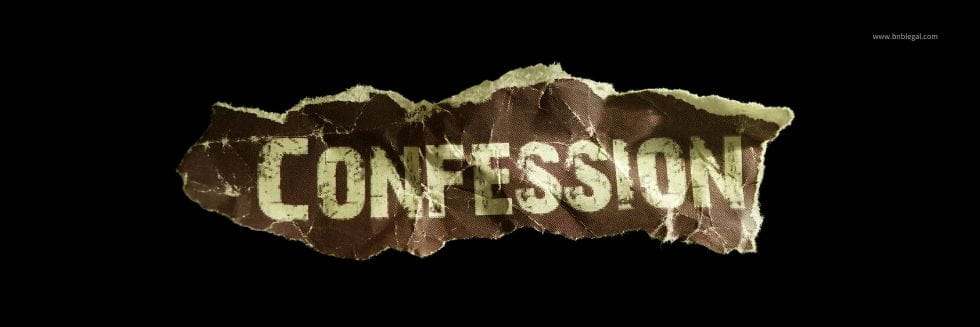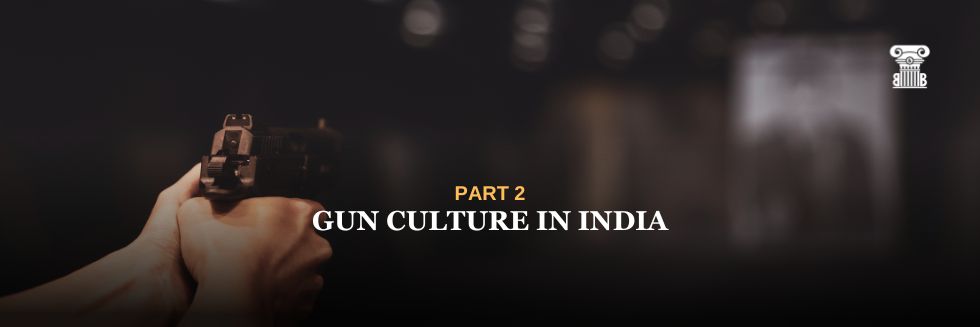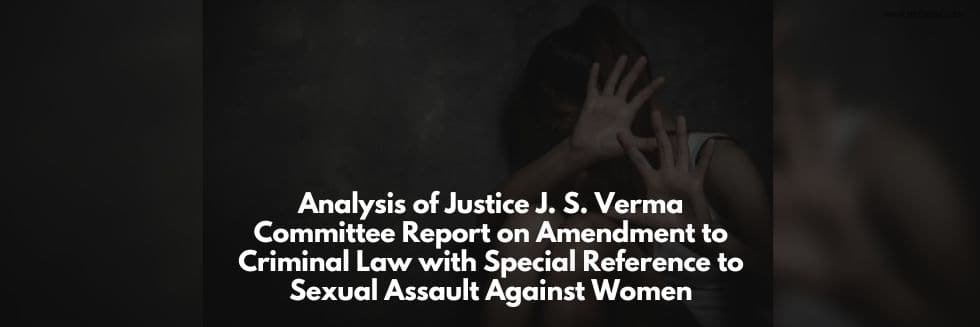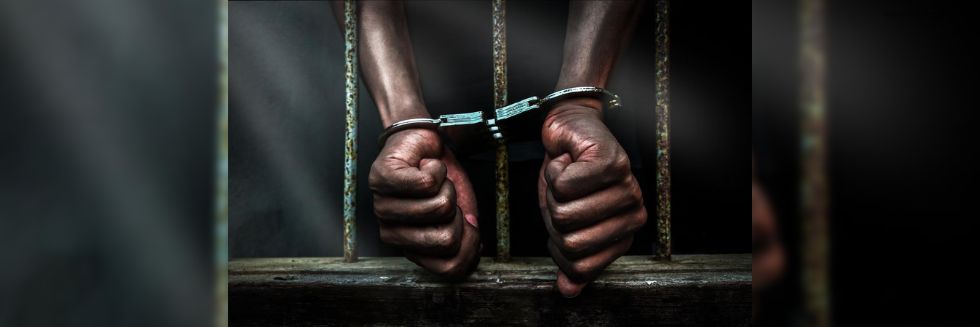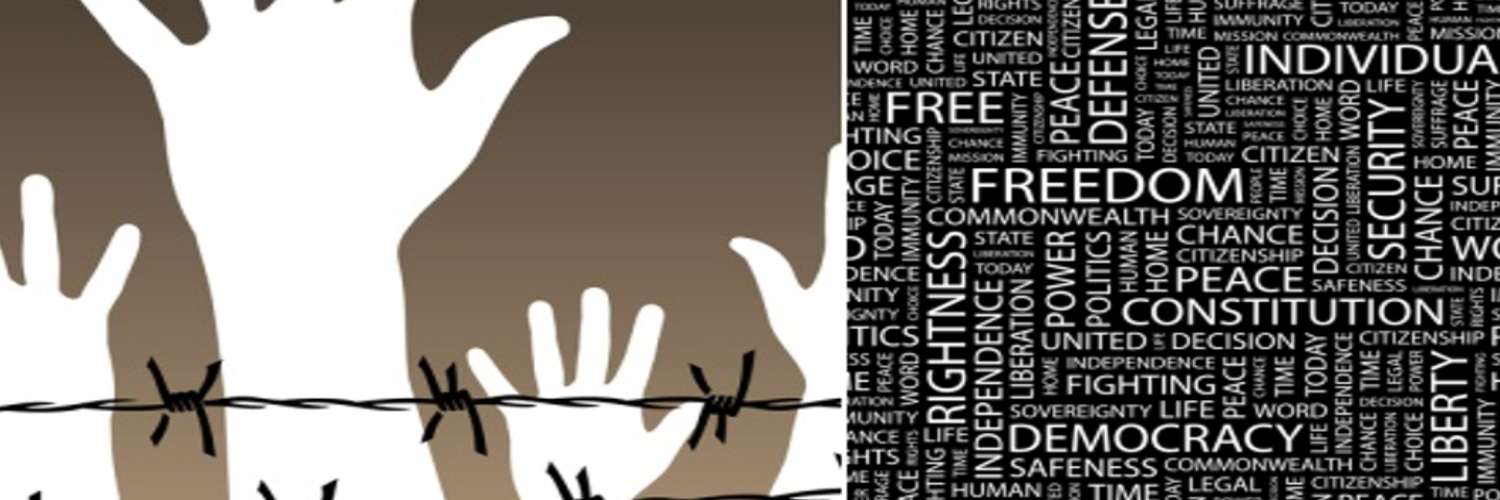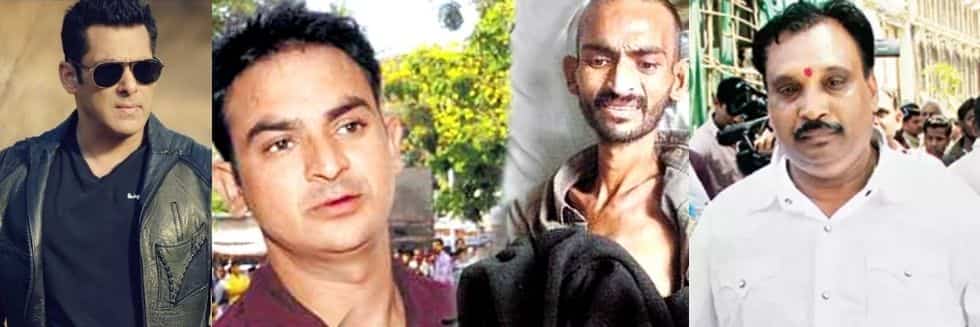Introduction
Unraveling the Legal Tapestry: The Supreme Court’s Examination of Extrajudicial Confession in Prabhatbhai Aatabhai Dabhi v. State of Gujarat. In this case, the Supreme Court recently undertook a comprehensive investigation of the quality and credibility of an extra-judicial confession in the quest for justice. The case featured the alleged assault and subsequent death of Hukabhai with the appellant, Prabhatbhai Aatabhai Dabhi as the focus of the legal scrutiny.
The prosecution’s case depended on an extrajudicial confession given by the accused in front of two important witnesses PW-2 Kalabhai, the deceased’s brother and PW-3 Ramabhai, a close acquaintance as the story unfolded in court. This uncommon scenario prompted the Supreme Court to call into question the legitimacy of such confessions throwing doubt on the veracity of remarks made to people close to the deceased.
This article dives into the case’s intricate details looking at the prosecution’s reliance on a purported confession, the recovery of a weapon and the existence of bloodstains on the accused’s clothing. The Supreme Court’s astute observations and critical analysis highlight the difficulties faced by the unusual circumstances surrounding the confession and the contradictions in the evidence presented.
Finally, this article reveals the legal saga’s culmination disclosing the Supreme Court’s decision that the prosecution failed to prove the appellant’s guilt beyond a reasonable doubt. The acquittal of Prabhatbhai Aatabhai Dabhi raises serious concerns regarding the severe standards required for extra-judicial confessions as well as the need for unassailable evidence in criminal prosecutions.
Case Details:
Prabhatbhai Aatabhai Dabhi v. State of Gujarat
Petitioner: Prabhatbhai Aatabhai Dabhi
Respondents: State Of Gujarat
Court: Supreme Court
Coram: Justices Abhay S. Oka and Justice Pankaj Mithal
Case no.: Criminal Appeal No.1926 Of 2011
Citation: 2023 LiveLaw (SC) 989
Date of Judgement: 8th November 2023
Brief Facts:
- On October 28, 1997, Abhabhai, the appellant and Bhemabhai allegedly got into a fight after drinking alcohol.
- Hukabhai sided with Abhabhai after the Sarpanch filed a complaint.
- According to the prosecution, this was the likely cause of the tragic altercation on November 12.
- Hukabhai died on November 12, 1997.
- The testimony of two important witnesses PW-2 Kalabhai, the deceased’s brother and PW-3 Ramabhai, a resident of the same hamlet was highly weighted in the trial.
- According to the prosecution’s case, Hukabhai was reportedly assaulted by the appellant who was armed with a bamboo stick.
- According to eyewitnesses, the accused followed Hukabhai to his field at 3:00 p.m. and returned to the hamlet around 6:30 p.m. with the same stick.
- The prosecution also claimed that the appellant admitted to the assault in front of PW-2, PW-3 and another person named Ratabhai.
- The appellant was convicted under Section 302 by the trial court and the verdict was upheld by the High Court of Gujarat.
- Aggrieved by the order of the High Court, the Appellant has filed an appeal before the Supreme Court.
Reliance By Prosecution:
The prosecution relied on:
(a) an extrajudicial confession allegedly made by the accused before PW-2 and PW-3.
(b) The recovery of an axe at the request of the appellant-accused combined with evidence from PW-5-Chanchalben who claimed that the same axe was taken away by the appellant from her house.
(c) Blood stains found on the appellant’s clothes.
Observations Made By The Supreme Court:
(a) The court questioned the reliability of the extra-judicial confession made before PW-2 and PW-3 (the deceased’s brothers) underlining that it is unusual for an accused to confess before the deceased’s real brother and a close acquaintance.
(b) Furthermore, the court determined that the discovery of an axe which was purportedly used in the crime was irrelevant because eyewitnesses indicated that the appellant was carrying a stick not an axe.
(c) Another critical component of the case was the appearance of blood stains on the accused’s clothing at the time of his arrest. The court cited an inconsistency in the Serology Report. According to the report, the blood on the deceased’s clothes belonged to the ‘O’ group whereas the blood on the accused’s clothes belonged to the ‘A’ group. The prosecution’s case was undermined further by the inconclusive conclusion on the blood spots on the appellant’s trousers.
Supreme Court Judgement
When the prosecution relies on extrajudicial confession evidence, the Court will typically expect the evidence of the people who are supposedly making the extrajudicial confession to be of high quality. In this case, it is difficult to think that the appellant-accused would confess in front of the deceased’s real brother and a close acquaintance.
The prosecution has failed to demonstrate the appellant’s guilt beyond a reasonable doubt on all counts. We should observe that the appellant has already been imprisoned for more than 11 years and he was granted bail by this Court on October 14, 2011.
As a result, the court acquitted the appellant because the prosecution failed to demonstrate the appellant’s guilt beyond a reasonable doubt.
Conclusion
In the aftermath of the Supreme Court’s discerning examination in Prabhatbhai Aatabhai Dabhi v. State of Gujarat, the legal landscape surrounding extra-judicial confessions has been illuminated with a newfound emphasis on evidence quality. The end of this judicial adventure leaves us wondering about the difficult balance between justice and the veracity of confessions, especially when given to intimate relatives of the deceased.
The Court’s painstaking dissection of the prosecution’s case noting the confession’s unorthodox nature and contradictions in supporting evidence stands as a beacon for legal practitioners and scholars alike. When extrajudicial confessions are at the heart of criminal proceedings, the acquittal of Prabhatbhai Aatabhai Dabhi emphasizes the need for a higher level of proof.
As we consider the implications of this decision, it becomes clear that the Supreme Court has reiterated the importance of impeccable evidence particularly when confessions are made to those with a vested interest in the case. This precedent calls for a closer look at legal strategies and investigation procedures asking stakeholders to ensure that the pursuit of justice is consistent with the values of fairness and credibility.
Finally, the legal odyssey of Prabhatbhai Aatabhai Dabhi calls for a deeper knowledge of the complexities surrounding confessions as well as a reevaluation of evidentiary standards in criminal proceedings. As the legal community digests the lessons of this case, the pursuit of truth is inextricably linked to the pursuit of justice guided by an unshakable determination to defend the ideals that serve as the foundation of our legal system.
This article is written and submitted by Sanskar Singhal during his course of internship at B&B Associates LLP. Sanskar is a 5th Year BBA LLB student at Geeta Institute of Law, Panipat.
